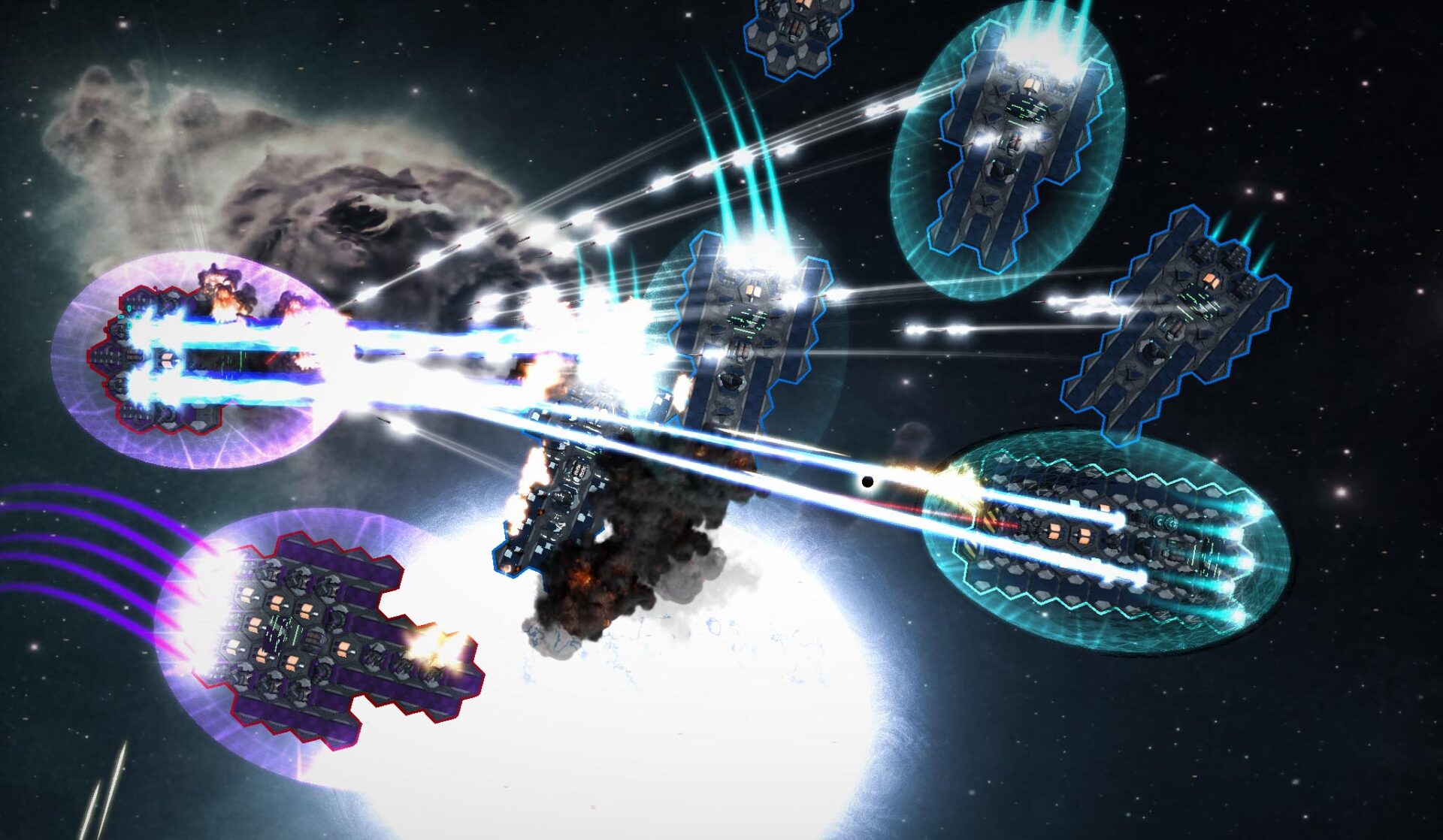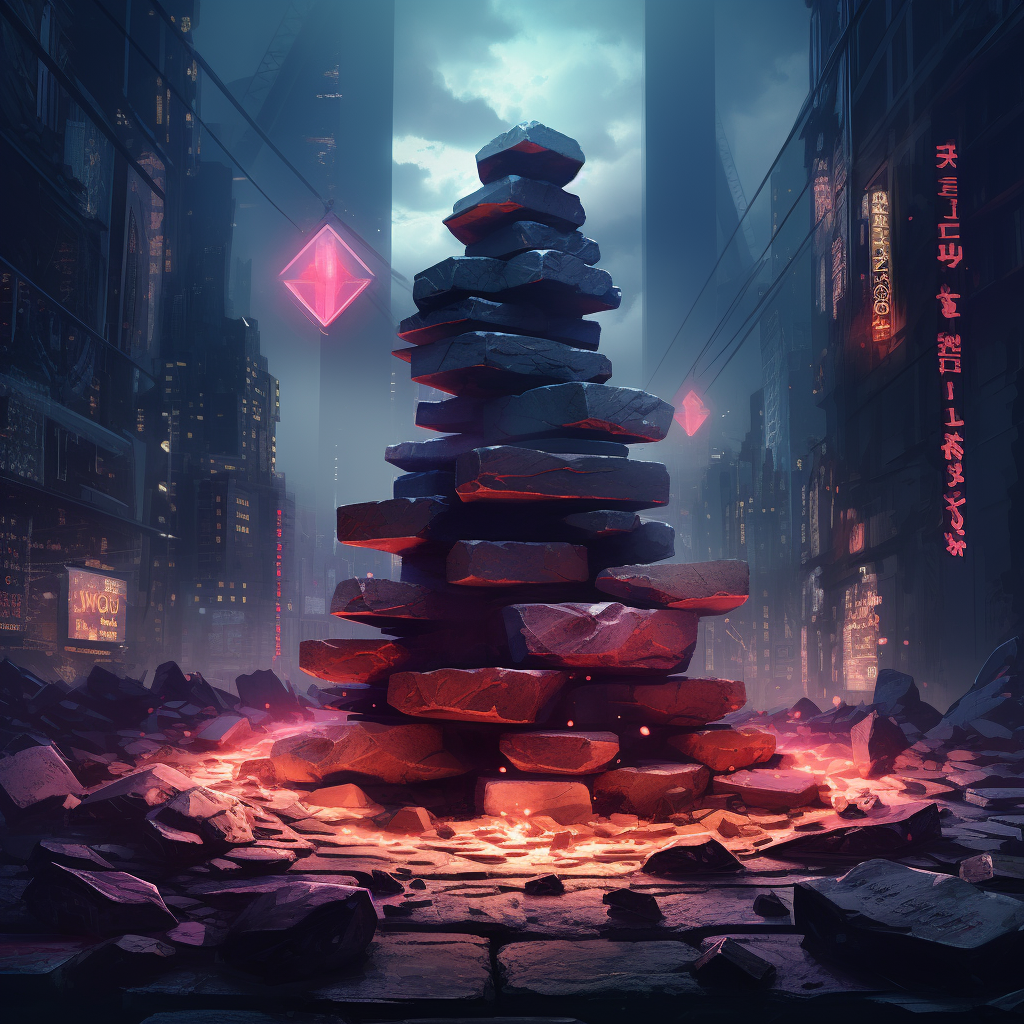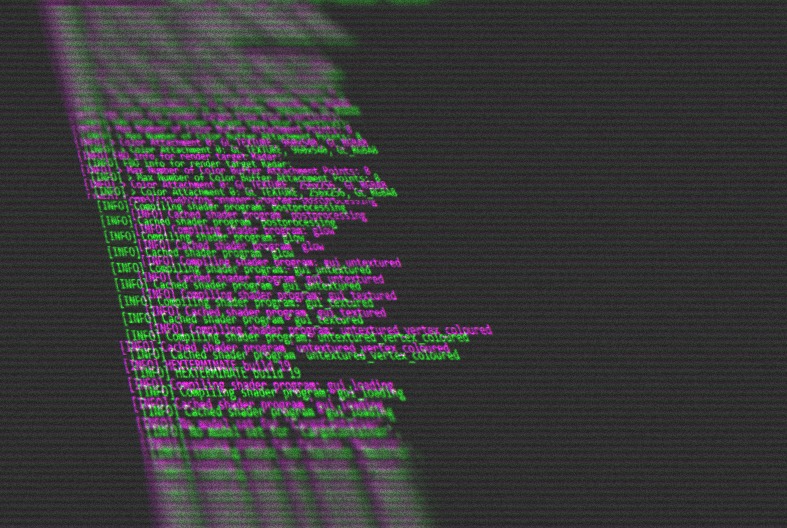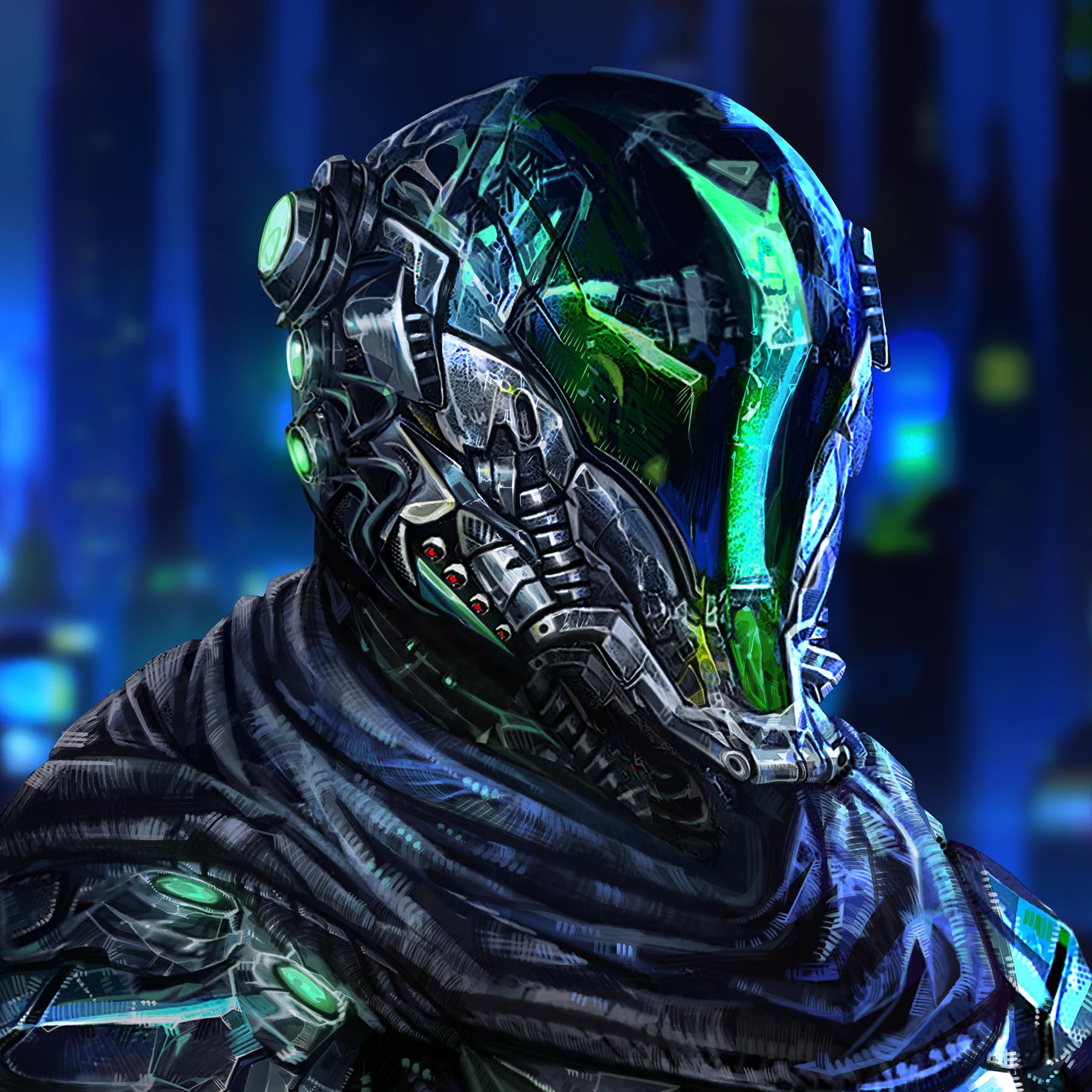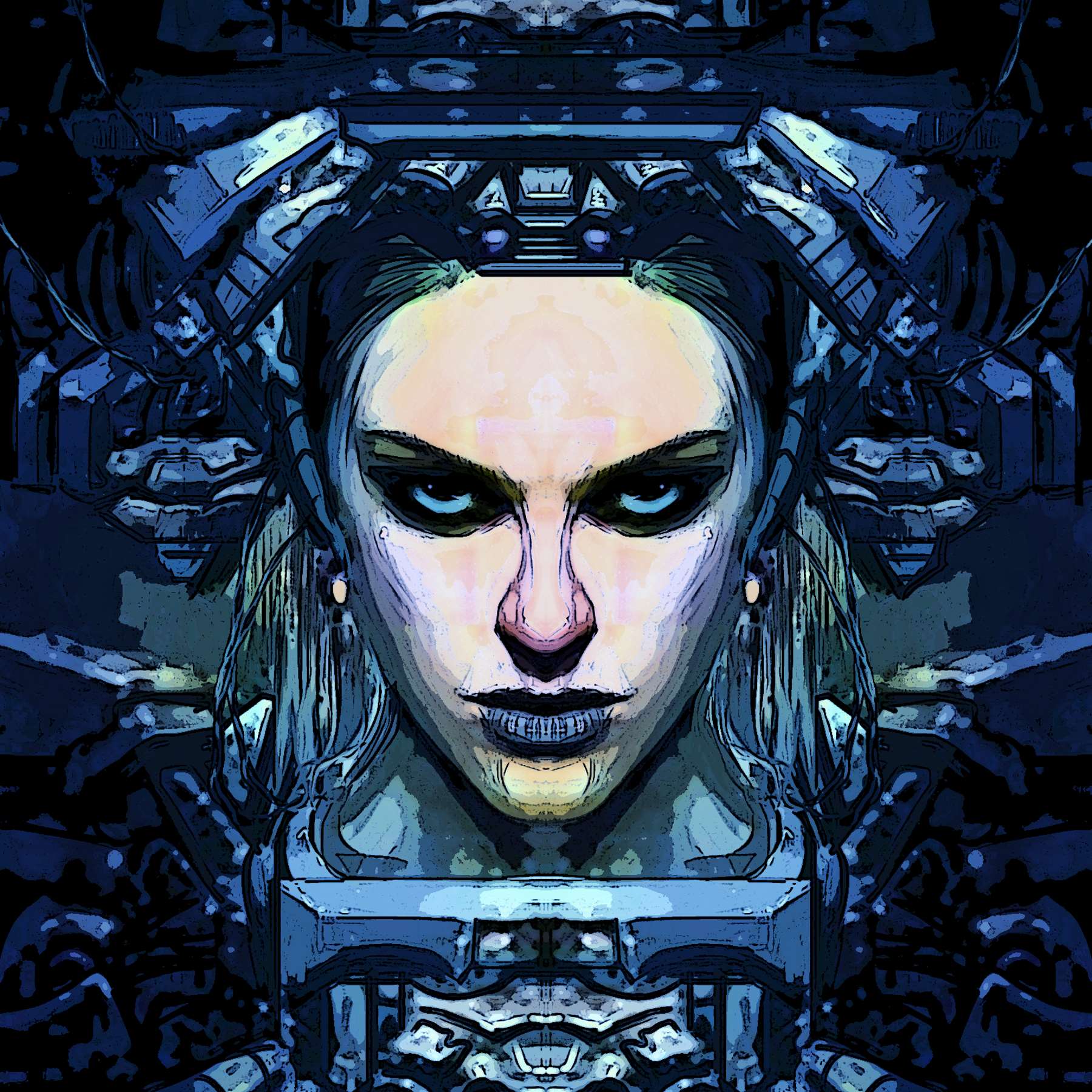HEXTERMINATE – v2.0
Date
April 8, 2024
Views
201 Views
Reading Time
4 Mins Read
It has been a long time since Hexterminate has had a release, and given the size of the changes I think it justifies a 2.0 release! I’ve added native Linux support, done an overhaul of the resources and energy systems, as well as many other improvements.
An introduction to crash reporting
Date
July 30, 2023
Views
145 Views
Reading Time
3 Mins Read
Despite our best intentions, our programs will likely crash at one point or another. If this has happened on your own machine then you have your debugger at hand, but if it has happened on a user’s device this becomes more problematic. A solution for this is crash reporting: a crash dump which is sent to you for debugging, as well as any relevant log files.
Arcon – creating a bold font variant
Date
August 4, 2022
Views
1,161 Views
Reading Time
< 1 Min Read
One of the issues I’ve regularly had during game development is to find a font that has the exact style I am looking for but is missing variants, e.g. comes in Regular but not Bold. While working on Hyperscape, I’ve found Arcon and after a few tests, decided it looked good across multiple user interface elements and would make for a solid base font in the game. However, this font only comes in the Regular weight. Rather than just discarding the font, I thought I’d try to create a Bold variant. I must say I had expected the process of making a Bold variant to be completely beyond my ability: I’m a programmer after all, and the idea of editing each individual glyph did not appeal. (more…)
Writing a logging system
Date
June 4, 2022
Views
506 Views
Reading Time
< 1 Min Read
No matter what game we are making, robust logging is essential. It is an essential tool for the developer (and for more technical players), assisting both during development and after a game is release. My custom C++ engine, Genesis, has had a logging from the earliest days, but it has received some upgrades recently to make it easier to use. I thought it might be helpful to other developers to write an article about the considerations which go into writing such a system, as well as share some code snippets. (more…)
HEXTERMINATE – Towards a Linux build
Date
August 18, 2021
Views
184 Views
Reading Time
< 1 Min Read
Let’s get HEXTERMINATE running on Linux. How difficult can it be? Beyond that, the engine receives some significant upgrades as we move towards Build 18.
HEXTERMINATE – UI & ship movement
Date
June 19, 2021
Views
182 Views
Reading Time
< 1 Min Read
Ahead of starting work on the new game mode, the UI is getting a facelift to bring HEXTERMINATE to this side of the 21st century. We also look into changes being done to ship movement, to make the game more engaging and allow for improved AI.
